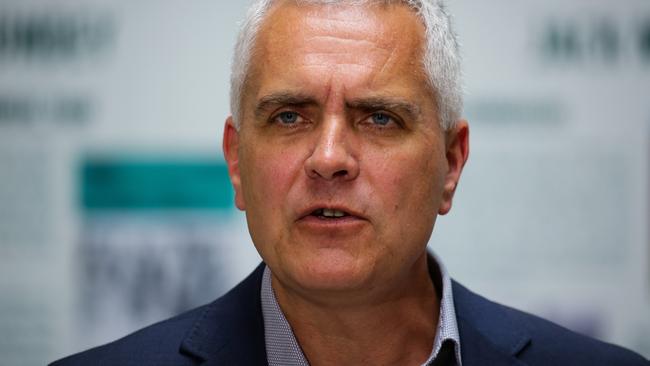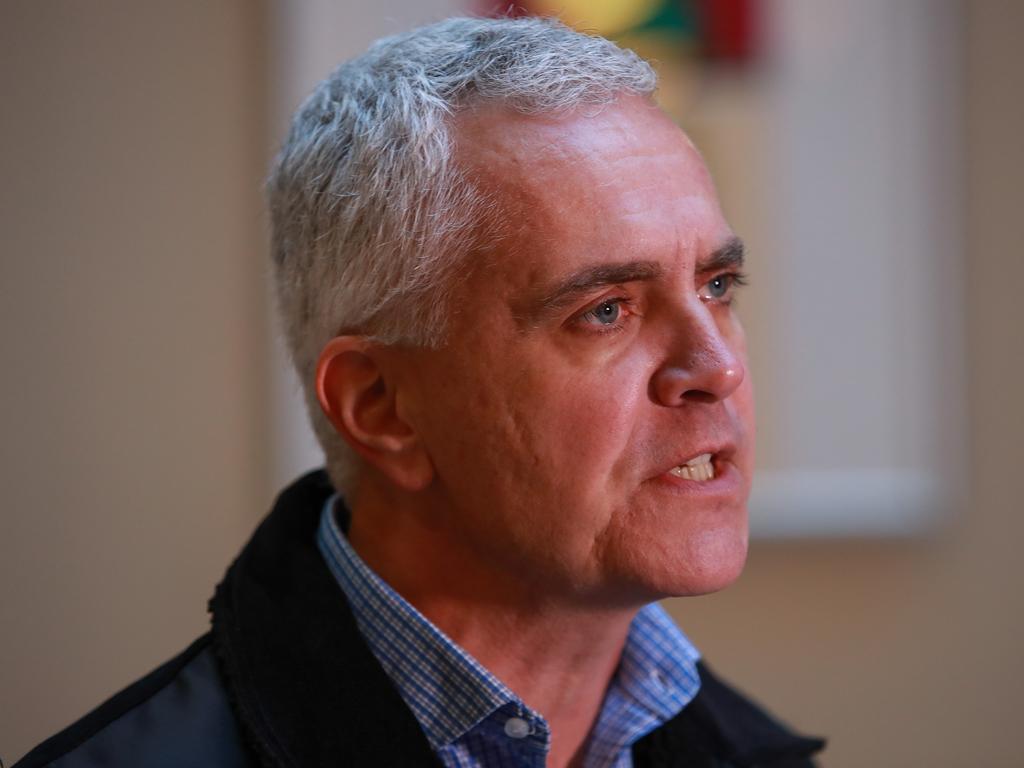National strike at Toll after talks with TWU fail
Parcel and grocery deliveries face disruption after the TWU decided to proceed with industrial action.

Parcel and grocery deliveries face disruption on Friday after the Transport Workers Union decided to go ahead with a national 24-hour strike at Toll, despite the transport giant lifting a pay offer and ditching plans to cut overtime.
TWU national secretary Michael Kaine said talks with Toll management on Monday failed to address the union’s key “job security” concerns about the engagement of workers on rolling short-term contracts and the use of labour-hire workers ahead of directly engaged workers.
Mr Kaine said Toll employees would take further industrial action after Friday’s strike if management “dug its heels in” and persisted with the contractor proposals. He said thousands of Toll workers had been left with “no choice” but to withdraw their labour after months of failed talks.
“Toll workers have been forced to take the last resort option to go on strike this week because their jobs are being smashed,” he said.
“To do nothing would be to wait like sitting ducks for the jobs they’ve skilfully done for decades to be given away to the lowest common denominator. If workers had accepted this today, their jobs could have been contracted out moments after signing on the dotted line.”
Following a ballot of workers approving protected legal industrial action, Toll employees are able to embark on legal 24-hour strikes and unlimited stoppages, potentially disrupting parcel, grocery and petrol supplies.
Toll management said on Monday that the company would be able to manage any disruption caused by the strike, seeking to assure customers their goods would be transported during the industrial action.
During Monday’s talks, Toll said it would drop its proposal for part-time staff to be able to work additional hours up to 38 hours a week without getting overtime.
The company last week abandoned another proposal to bring in new employees on 30 per cent lower pay and superannuation.
The union seeks annual pay rises of 3 per cent, and the company has proposed a one-off payment of $750 to cover 2020 when negotiations were delayed. On Monday it lifted its offer for the next two years to an annual 2 per cent rise.
Mr Kaine welcomed the backdowns but said the company was persisting with the proposed employment of workers on rolling temporary contracts of six months to two years.
He said it was “an abomination that billionaire retailers like Amazon are smashing profit records while ripping off transport supply chains and crushing the jobs of the truck drivers who’ve risked the health of their families to deliver parcels and keep shelves stocked”.
“Toll workers need guarantees that they won’t be sliced and diced Qantas-style and replaced by a cut-price, underemployed workforce.”
Toll Group’s Global Express president, Alan Beacham, said the company had the best enterprise agreement in the road transport industry,
“The TWU says that it wants to raise standards throughout the industry, but is instead taking pot shots at Toll, whose pay and conditions are at the top of our sector,” he said.








To join the conversation, please log in. Don't have an account? Register
Join the conversation, you are commenting as Logout